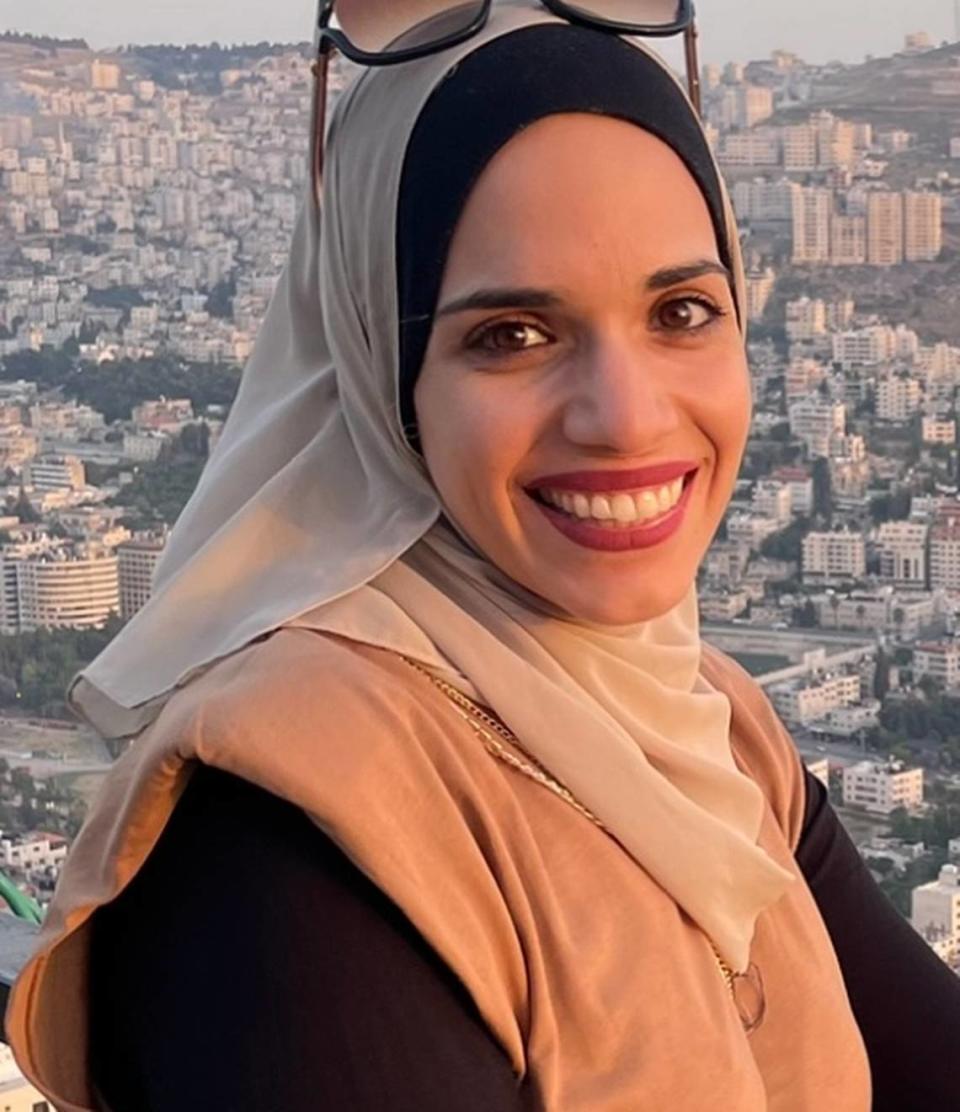What it’s like to live in NC while your relatives are suffering and dying in Gaza | Opinion
Born in Memphis, raised in Phoenix, and now living in Raleigh, I am an American — but not just an American. My family is originally from a country rich in history and culture. A country located by the beautiful blue Mediterranean Sea. A country devastated by occupation, checkpoints and apartheid. Palestine.
When I was a child, my family attempted to settle in Palestine. My parents had hopes of raising us in our homeland, surrounded by our family, culture and heritage. Unfortunately, the occupation made our lives challenging and stripped my parents of their dream.

I remember being forced to wait in line for hours at checkpoints just to move from one city to another and often being denied entry depending on the Israel Defense Forces (IDF) soldier’s mood. By age 6, having a rifle pointed at me by IDF soldiers did not faze me as it was a regular occurrence. I’ve been tear gassed numerous times and forced to flee for my life because I was being shot at.
My last visit to Palestine was in June 2022 at age 31. I hadn’t been for 10 years. My heart filled with joy being there, but my eyes flooded with tears from the injustice I witnessed.
I observed the growth of illegal Israeli settlements throughout the West Bank and expansion of IDF checkpoints. Palestinian-Americans do not receive equal treatment as other Americans. I needed special clearance from Israel just to enter Jerusalem. While I was there, IDF soldiers stopped me several times for random ID checks. One soldier even gave me a mocking smirk and said “welcome.”
In Raleigh today, I am a world away from my relatives in Gaza and the West Bank — and it’s painful.
In the last three months I’ve lost five family members there. My second cousin, a 15-year-old boy, was killed by an Israeli sniper in the West Bank. The other four family members were killed in Gaza. One of my cousins was advised by Israel to flee to a “safe zone” so she fled from the northern part of Gaza to the south as directed. On Dec. 4, she and her two children, ages 4 and 7 months, were killed in an Israeli airstrike. They found my cousin dead with her baby in her arms. Another cousin is now a widow with a 2-year-old son after her husband was killed by a shrapnel fragment from an IDF explosion.
Each of my relative’s sole crime was being Palestinian.
The majority of my remaining family is in northern Gaza, constantly relocating as all their homes have been destroyed. There are 14 of them — five are children under the age of 10.
We often go days without hearing from them due to power shortages. When this happens, we check the news with fear, afraid we’ll see their names listed as martyrs. We have to mentally prepare ourselves that at any moment we may discover that all of our family has been killed.
Many Palestinians struggle to carry out their daily activities. It’s hard to carry out mine too while my relatives are under constant threat from explosions and snipers. I can’t eat without wondering if they had a meal today. When I tuck my children into bed, I wonder if other children are able to sleep through these cold nights under the constant sound of bombs.
As a physician assistant (PA), I am unable to care for my patients here in North Carolina without thinking about the healthcare providers in Gaza who are forced to watch their patients suffer and die due to lack of resources.
I always wonder is my family still alive? Why haven’t they texted me back?
More than 14,300 children have been killed in Gaza since Oct. 7. How many Palestinian children need to die for America to call for a ceasefire? Many of the bombs and weapons deployed are manufactured in the United States, and billions of U.S. taxpayer dollars are helping supply and support the Israeli military. As an American taxpayer, my tax dollars are being used to kill my family in Gaza.
Israa Al-Sayyed lives in Raleigh.

